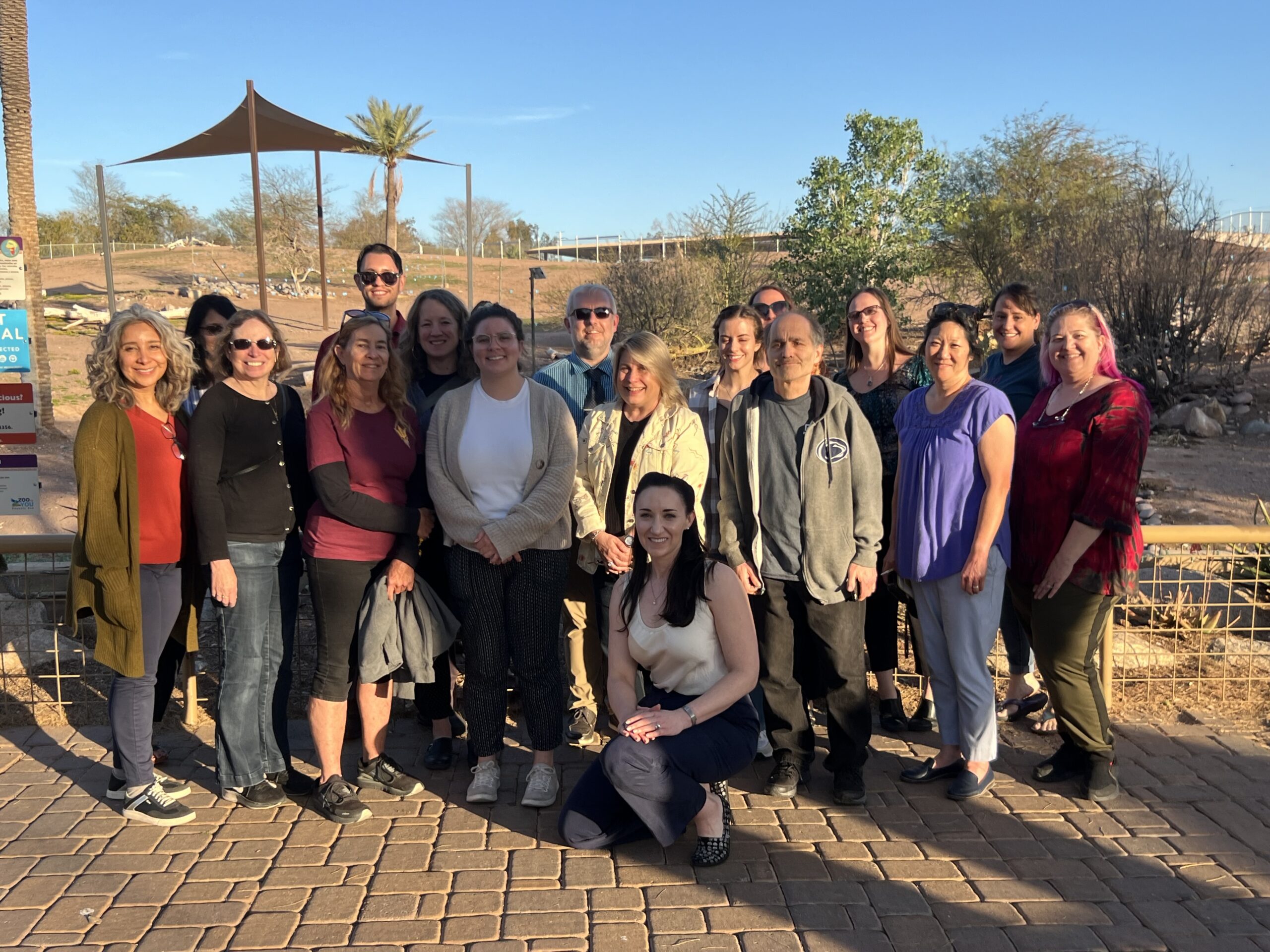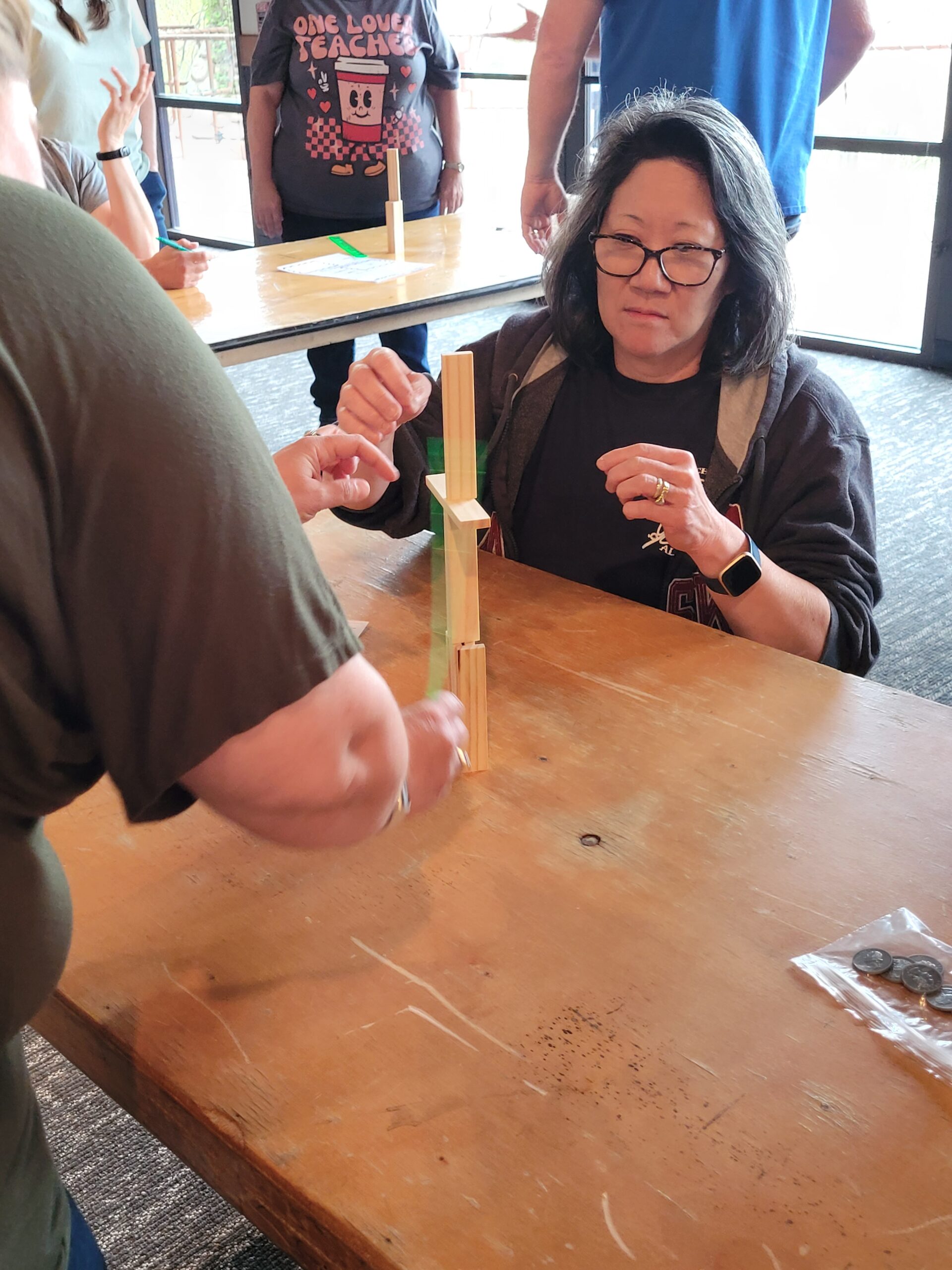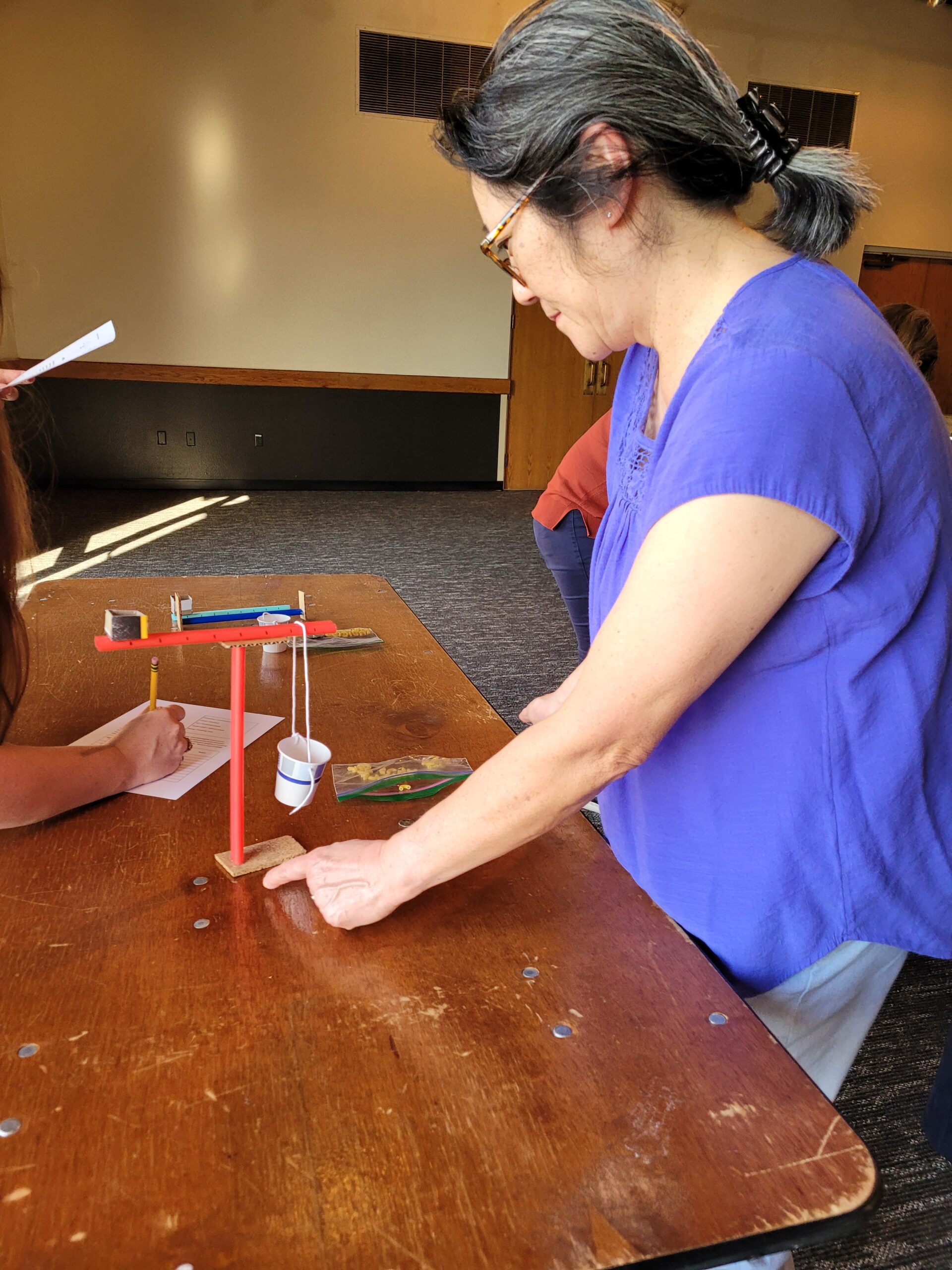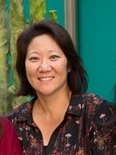Q: How did your family and culture influence who you are today?

Growing up, my parents instilled the importance of education to me and my four siblings. We were taught to work hard and to try to learn as much as we could. My family encouraged me to study engineering and I have a Bachelor’s in Biomedical Engineering and a Master’s in Mechanical Engineering. When I went to college in the 1980s and 1990s the percentage of females in engineering was about 20%. So, being both a female and an Asian-American has taught me how to persevere and how to overcome obstacles throughout life. Over the years, I have become an educator and I am lucky to have students from diverse backgrounds where I can learn about their cultures. I am proud of my Chinese heritage and I have encouraged my daughters to embrace their culture.
Q: Why is ACEE important to you?

I have found so much value in ACEE. They have resources available to teachers for all grade levels and I have found them to be so impactful and meaningful. The in-person and virtual sessions offer so many ideas for hands-on activities and the students find them engaging and worthwhile. The staff at ACEE are so welcoming and friendly. I know that I can ask for help from any of them and they would be willing to help. It is such a positive feeling, knowing that I have a network of people that I can contact if I need anything.
Q: Why do you care about financial and economic education?

It is important for students to be educated in the areas of finance and economics as the world is constantly changing. Students need to be aware of what is happening with their finances so that they can be responsible with their money. They need to protect themselves from situations where they could be taken advantage of financially. Students can start saving at a younger age to ensure that they have enough saved for the future so that they can live comfortably when they are no longer working. If we teach our children these skills, they will be more prepared for the future.
